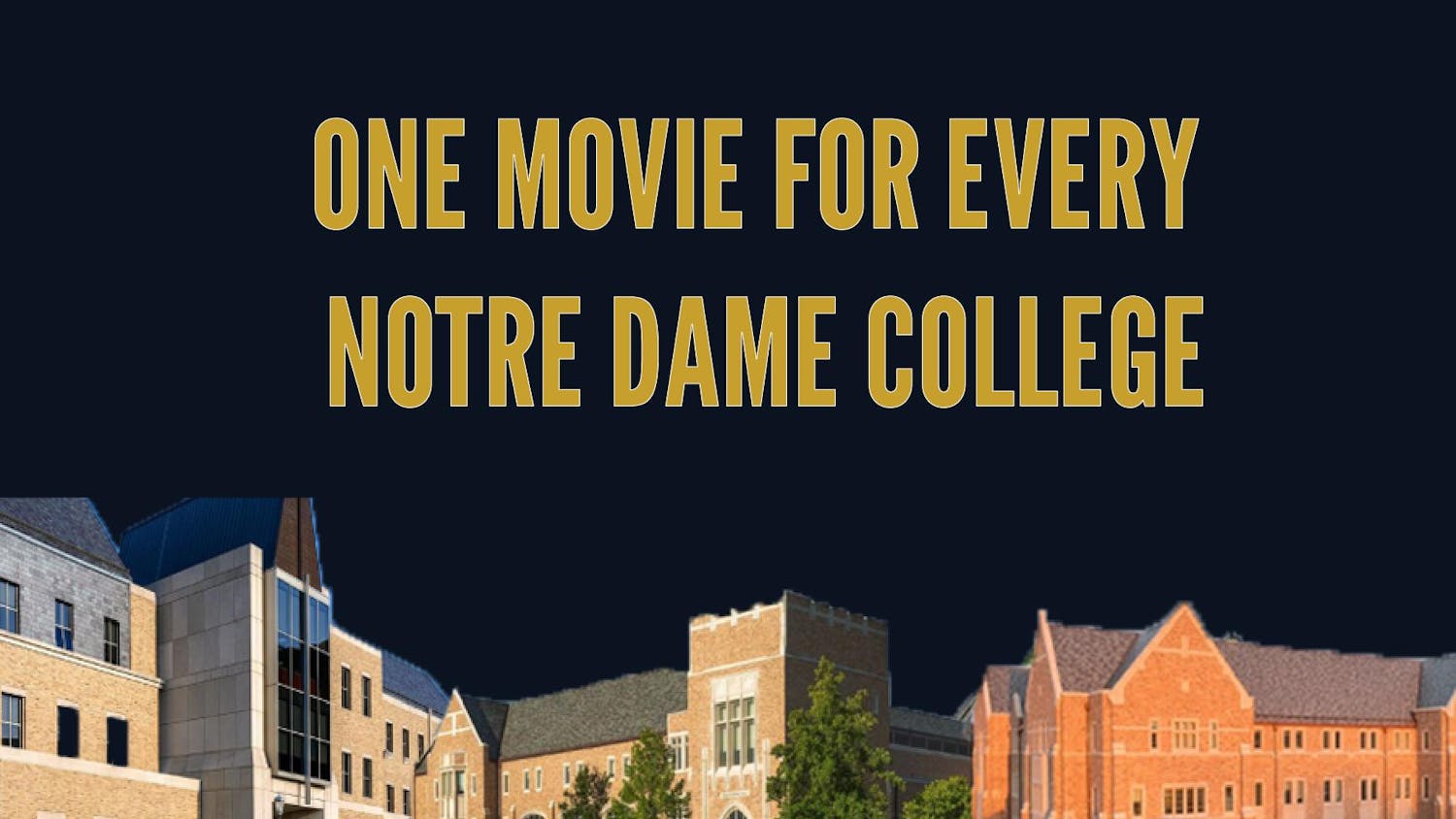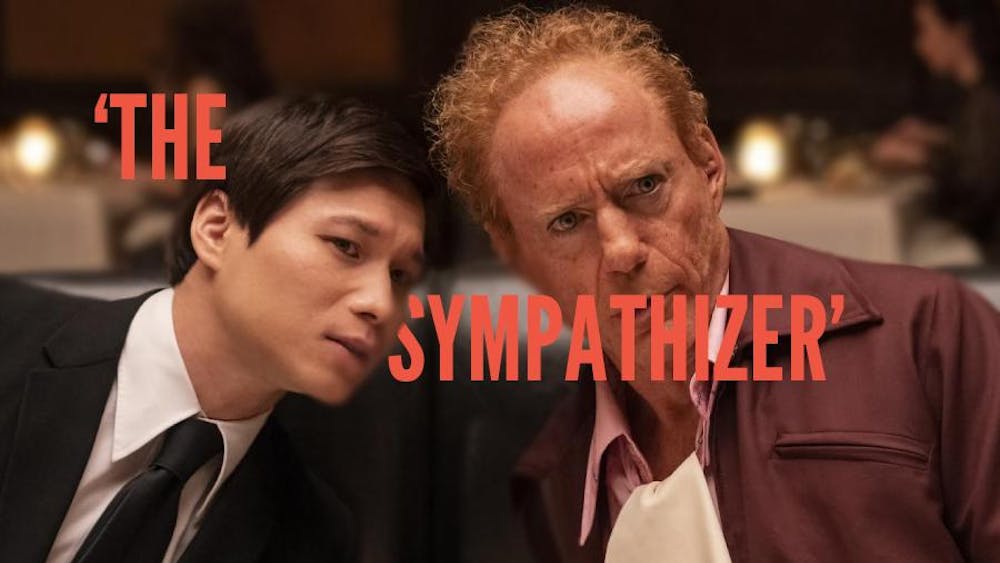
Platforms for speaking out against injustice are not uncommon, but the message is never more powerful than when conveyed through art.
Tuesday night at Washington Hall, the Center for Social Concerns (CSC) hosted two musical acts whose talents provide an outlet to illuminate social issues and call others to action. The musicians traveled from different parts of the Appalachian region to share their regional culture and universal message with the community, especially students participating in the CSC’s Appalachia program. The typical venue for these artists might be a protest or rally, but their performance on a calm evening on Notre Dame’s campus served as a reminder to remain conscious of social justice issues even in times of peace.
The night began with a solo performance from singer-songwriter Tom Breiding who hails from Wheeling, WV, one of the sites for the CSC’s Appalachia immersion seminar. His performance included many heart-breaking originals that called attention to workers’ rights. A captivating storyteller, Tom gave accounts of the lives of 20th century miners and the abuses they suffered. His lyrics told their stories in a narrative style that emphasized the humanity of the miners and their families. One particularly riveting song “The Women and Children of Ludlow” recollected the horrific Ludlow Massacre, in which the coal companies opened fire on a tent camp of striking mineworkers and their families. In his lyrics, Breiding made frequent references to the United Mine Workers of America, the labor union that sought to protect mine workers in the early 20th century, as it still does today. Breiding’s dedication to the rights of workers was obvious in his focused lyrics and passionate performance.
After Breiding's performance, The Emancipators, a Knoxville-based band that identifies their genre as subversive hootenanny, took the stage. The Emancipators derive their name from an abolitionist newspaper that was published in Tennessee in 1820. They mention the nuclear weapons facility in their hometown — the same facility that produced the bombs that were dropped on Hiroshima and Nagasaki — as one source of ignition for their activism, among countless other issues. The ensemble included guitar, bass, banjo and even flute and took an entertaining angle by passing out lyrics and asking the audience to sing along. The group consisted of Mitzi Wood-von Mizener, Guy Larry Osborne, Durant Thompson and Kevin Collins. The members have diverse backgrounds and careers, but come together to create music that promotes peace and freedom. Their setlist included many well-known songs such as the traditional African-American freedom anthem “Follow the Drinking Gourd.” Their rendition of “Which Side are you on?,” played on banjo with all members gathered around a single microphone, reflected the belief that there is no neutral ground when it comes to issues of justice, and every person is responsible for making a choice. Singing along to well-known songs brought the audience together, but The Emancipators also delivered a powerful performance of original songs. One upbeat blues original “There’s Work to be Done” was a call to action that warned “you might go to jail, lose a job, or a friend,” but nevertheless addressed a huge array of issues.
The Emancipators closed their performance with a rendition of “We Shall Overcome” that was particularly moving to the Notre Dame audience. The experience was reminiscent of Father Hesburgh in the famous photograph hand-in-hand with Martin Luther King Jr. The Emancipators asked to audience to link hands in a similar fashion, and join their voices together in hope of freedom and equality across an array of issues.













